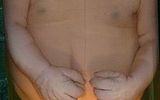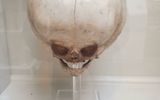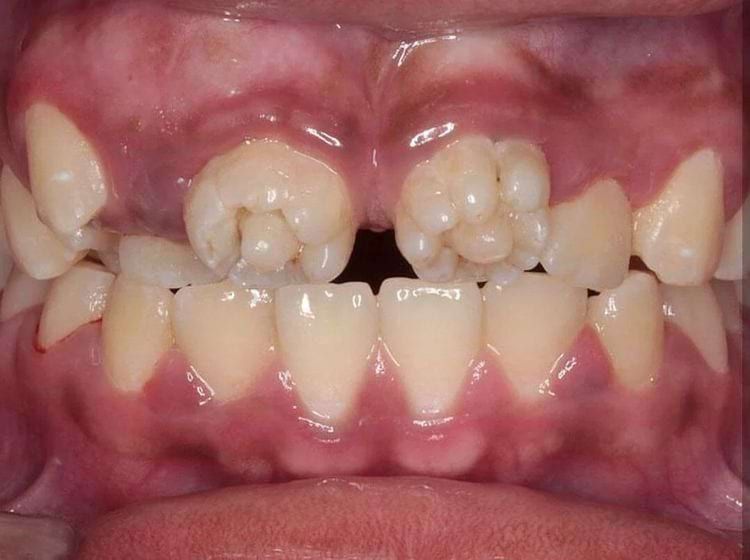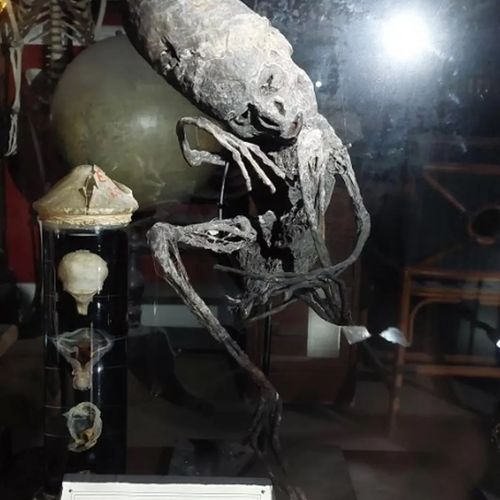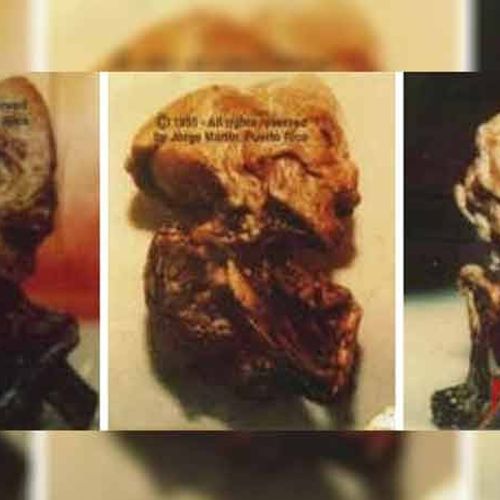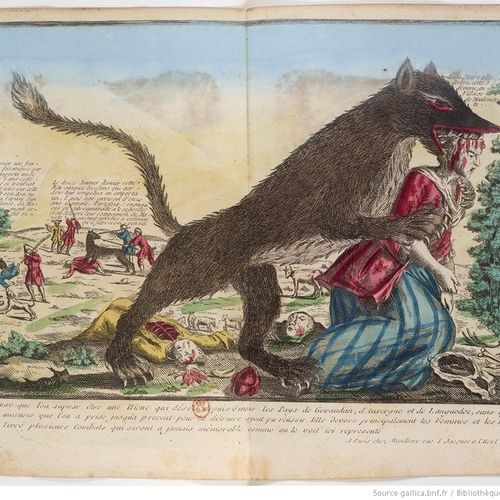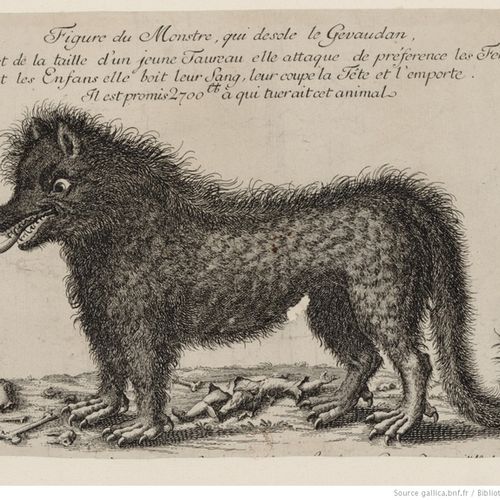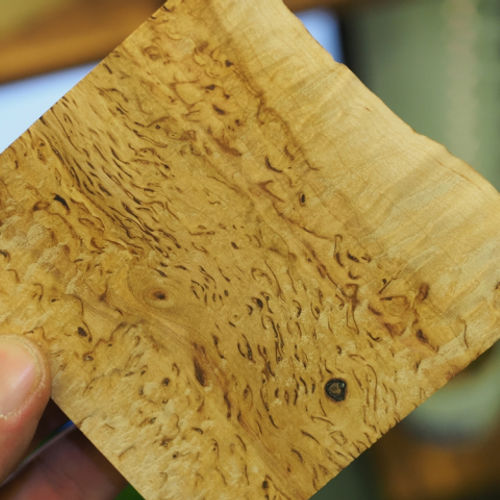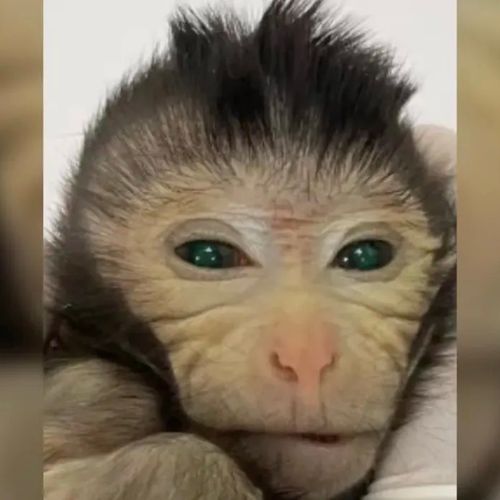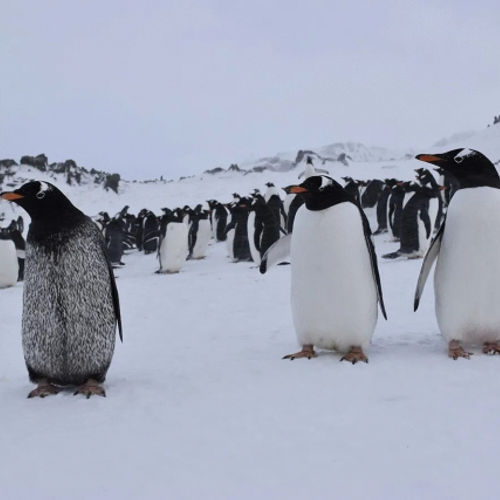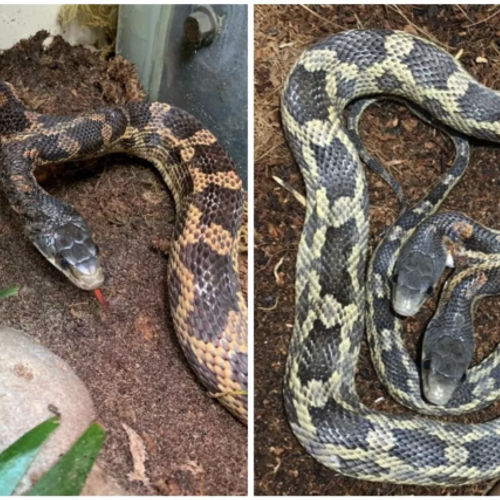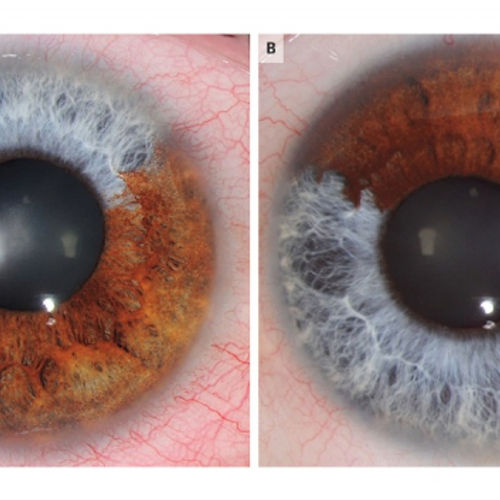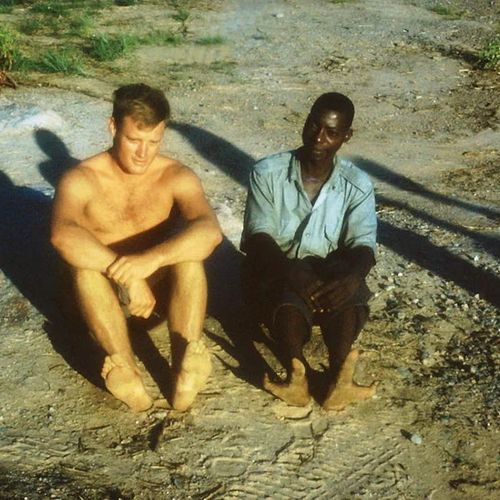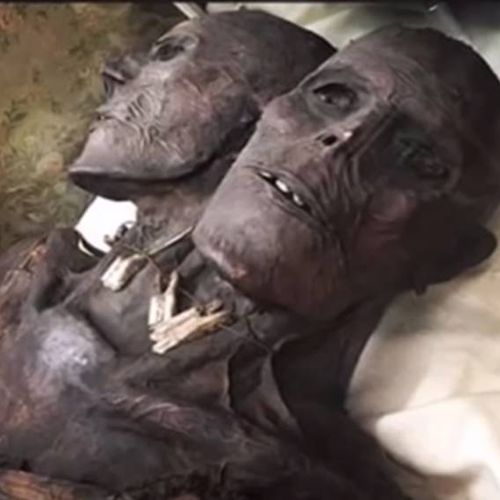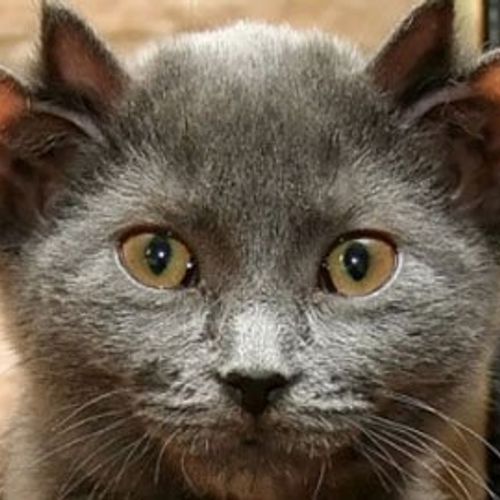
| Added | Mon, 21/08/2017 |
| Sources | |
| Феномены | |
| Version type |
Mutation (from the Latin. mutatio – change, change) - suddenly there is a natural (spontaneous) or artificially caused (induced) persistent changes in genetic structures of living matter responsible for the storage and transfer of genetic information.
The process of emergence of mutations is called mutagenesis.
Mutations are divided into spontaneous and induced.
Spontaneous mutations arise spontaneously throughout the life of the organism in its normal environment. Mutations occur constantly in the course of the processes occurring in the living cell. The main processes leading to the occurrence of mutations — DNA replication, disorders of DNA repair, transcription and genetic recombination.
Induced mutations are called heritable changes in the genome arising from those or other mutagenic effects in vitro (experimental) conditions or adverse environmental effects.
There are three main types of mutagens or mutagenic agents.
- Ionizing radiation. Alpha, beta, gamma and x-rays can disrupt the normal sequence of DNA bases, mainly the death of her base pairs.
- Non-ionizing radiation. UV light causes cross-linking of two adjacent timenow in DNA strands, which blocks DNA replication, and it requires reparation (recovery). If the repair cannot be completed successfully, there are point mutations.
- Chemical mutagens. Many chemicals interact with DNA in such a way that change the base pairs.
When a significant change in the conditions of existence, those mutations that were harmful, can be helpful. Thus, mutations are material for natural selection.
Translated by «Yandex.Translator»
Related facts
Related news
Related articles
Log in or register to post comments

